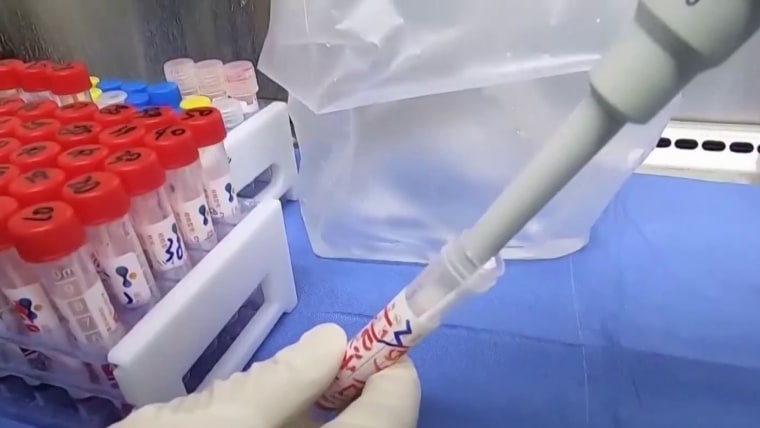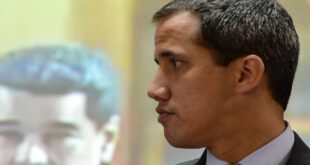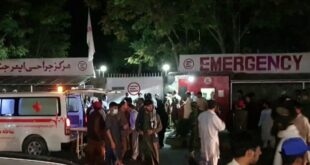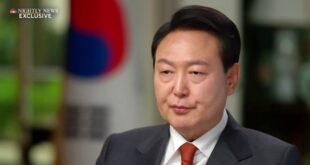[ad_1]
HONG KONG — China must be “more honest” about the origins of Covid-19, the U.S. ambassador to China said Monday, in remarks that were criticized by Beijing as politicizing the issue.
The comments by Ambassador Nicholas Burns, who was speaking by video link at a U.S. Chamber of Commerce event, come as tensions between Washington and Beijing soar over a range of issues, including potential Chinese military support for Russia’s war in Ukraine.
The U.S. Energy Department recently concluded with “low confidence” that the virus “likely” began with a laboratory leak in Wuhan, the central Chinese city where it emerged in late 2019. U.S. intelligence agencies are split in their assessments of the origins of the pandemic, with some concluding that it began with natural transmission from an infected animal while others are undecided.
It is among the issues set to be explored by a new House special committee on China, which is holding its first hearing Tuesday.
Burns made the remarks as part of a list of issues where he said “most Americans” would want the world’s two largest economies to work together, including climate change, food security and public health.
“If we’re going to do something to strengthen the World Health Organization, then we’re going to have to push China to be more active in it and to of course be more honest about what happened three years ago in Wuhan with the origin of the Covid-19 crisis,” he said.
A Chinese Foreign Ministry spokesperson said Tuesday that China had “always been open and transparent” about Covid-19 and that the United States was politicizing the issue.
“As the U.S. ambassador to China, Mr. Burns should do more to improve China-U.S. relations and do more to promote mutual understanding,” the spokesperson, Mao Ning, said at a regular news briefing.
Mao had earlier criticized the Energy Department assessment as well, pointing to a 2021 report by a WHO mission to Wuhan that found it “extremely unlikely” that the virus originated in a lab. The U.S. and other countries later criticized the report, saying China had withheld data.
Burns said it was “a very difficult moment” in the U.S.-China relationship, citing the downing of a Chinese surveillance balloon by the U.S. military and Washington’s warnings to Beijing not to provide lethal military assistance to Russia in its war against Ukraine.
“We’re now in this surreal moment where the Chinese — who I think lost the debate over the balloon globally, lost influence and credibility around the world because of what they have done — they’re now blaming this on us,” he said.
“It’s a little bit Orwellian and it’s a little bit frustrating, because I think everybody knows the truth here.”
China says the balloon was a civilian unmanned airship that strayed off course while conducting meteorological research and that the U.S. overreacted by shooting it down. It denies Washington’s assertion that it is considering providing Russia with weapons, for which U.S. officials have provided no evidence.
Eric Baculinao and Murphy Zhao contributed.
 Latest Breaking News Online News Portal
Latest Breaking News Online News Portal





